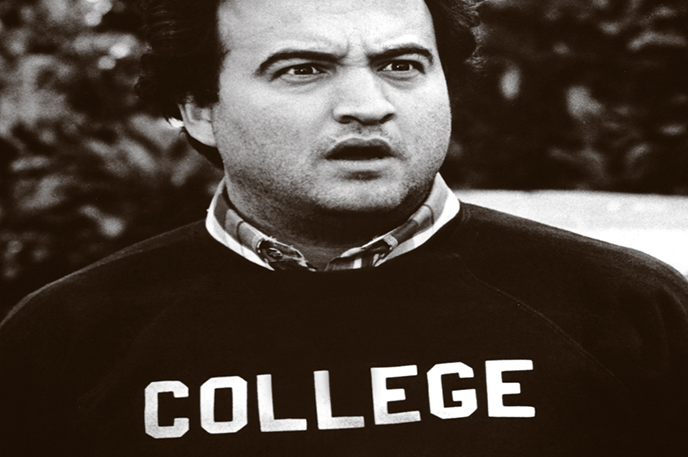Most Read from past 24 hours
Why Faith Is Not Irrational
- Culture, Featured, Philosophy, Religion
- February 18, 2026

In June 1962, 59 student activists met in Port Huron, Michigan to draft a manifesto of their core principles. They condemned racism in the United States and the nuclear arms race with the Soviet Union. Most of all, though, they indicted their own institution, the modern US university, for ignoring and suppressing their voice. Students
READ MORE
The latest superhero extravaganza, Suicide Squad, comes from the DC Comics universe. It’s an updated Dirty Dozen: gather half a dozen psycho crims with superhuman powers and promise them a reprieve from death row in exchange for carrying out black ops. There are lots of explosions, violence, a saucy female lead in hot pants, and deadpan humour.
READ MORE
Nikola Tesla, the beloved inventor, engineer, and physicist, had his birthday just a couple weeks ago on July 10th, which makes him 160 years old! Tesla is revered around the world for his contributions to modern society, including the alternating current electricity system, which is used by most residential homes and commercial business spaces today.
READ MORE
In the years since the 2008 Recession, gallons of ink have been spilled giving advice to young people on how to land a decent paying job. It seems that a young person must do nothing less than have a hefty volunteer record, a perfect GPA from an ivy league school, and three to four internships
READ MORE
Anyone else a bit surprised by this lead via the Harvard Gazette? It’s not exactly front-page news that when it comes to conflict, men and women usually behave very differently. The way they resolve those conflicts also tends to differ. While men can be aggressive and combative, a new study shows that, from the tennis
READ MORE
I’m having dinner with my flatmates when my friend Morgan takes a picture of the scene. Then she sits back down and does something strange: she cocks her head sideways, crosses her eyes, and aims the phone at herself. Snap. Whenever I see someone taking a selfie, I get an awkward feeling of seeing something
READ MORE



